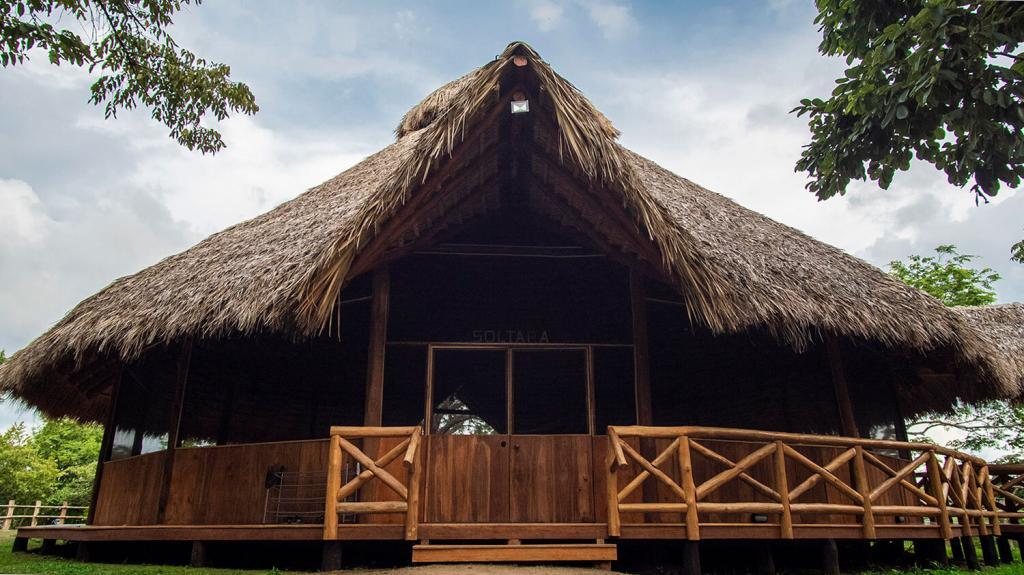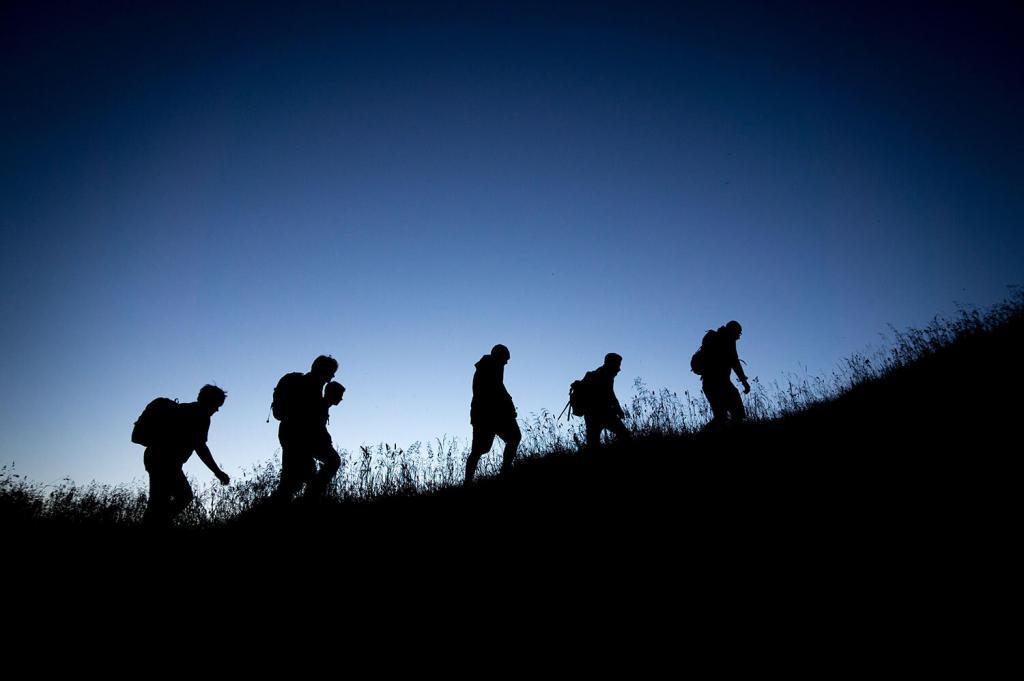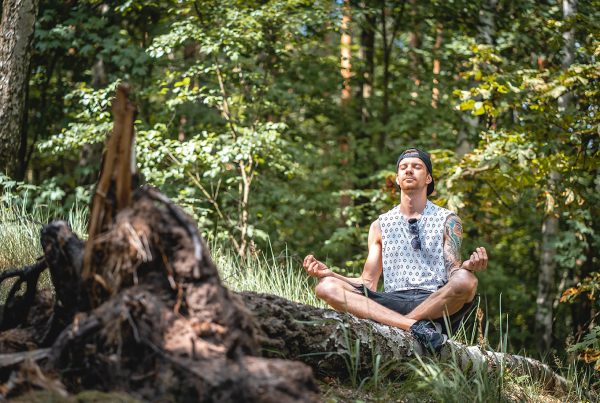How an Elected Official started an organization to heal politics as part of his ayahuasca integration process
How can we all become stronger leaders in our own lives, personally, professionally, politically—even integrating the lessons of ayahuasca into our journey of self-leadership? Our recent conversation with former Soltara retreat guest, Skippy Mesirow, an Elected Official for Aspen City Council helped us bridge this conversation as he straddles the often disparate worlds of politics and healing. This convergence is also incredibly timely given the recent headlines made by US Surgeon General Dr. Vivek Murthy.
On October 20th, the first-ever Surgeon General’s Framework for Mental Health & Well-Being in the Workplace made massive headlines outlining the “foundational role that workplaces should play in promoting the health and well-being of workers and our communities.” With a U.S. workforce of 160 million people and the average full-time employee spending roughly half of their waking hours at their jobs, workplaces (not excluding the government) are being called to rise up and lead the charge on mental health in the office. So what’s this got to do with self-leadership and healing?
Back to Skippy. His story is an example of what’s possible when each of us unites worlds that often don’t touch to alchemize a new way of being. Whether in the workplace or politics, integration is the practice of building bridges between our individual healing and the world around us. When one heals, we all heal. We could say the same thing about integration too.
Skippy’s life mission is to heal our politics. Integrating and owning his personal mental-health journey, he founded the Elected Leaders Collective to “heal our politics” from the inside out. The ELC works with elected officials and civil servants across the country to help reduce stress, anxiety, depression, overwhelm, and reactivity, increase performance, improve communication, and help heart-centered leaders connect with each other in a circle of trust. Their motto is, “If you serve others, ELC is here to serve you.” But this is just one small slice of his story. Skippy’s dynamic political career started from unpaid intern to Deputy Director of “home state” (including Illinois, Wisconsin, Iowa, Missouri and Indiana) and a five-state region for Obama for America 08′. Then at 23, he ran a state-wide race as Campaign Manager for Jesse White in 2010. Eventually, Skippy co-founded and chaired Aspen’s Next Generation Advisory Commission to give youth a voice. He also notably organized a successful ballot initiative to change Aspen’s election day, resulting in the highest ever voter turnout by over 26%.
The central focus of this conversation narrows in on the question – how can a conscious integration practice with ayahuasca (or any peak experience or work with the plants) serve not only individual growth, but our larger communities, families and places of work?
The healing on retreat vs. the healing during integration

Graham Hancock, a British author and journalist, once went on record saying he thinks politicians should drink ayahuasca ten times before running for office because perhaps it would change their perspective – by virtue of being motivated by the question “what can I do for the people?” versus “what can I do for myself?”
We think both questions are important, and intertwined, because you can’t pour from an empty cup, and often it’s our own personal healing that opens up new possibilities for our contribution to the world. In Skippy’s case, while ayahuasca and politics are not two things we often see paired together, it was his personal experience with ayahuasca and later integration of that experience that helped pave the way for his big vision to heal politics:
“What I got from my first ceremonies weren’t answers, but a portal and a toolkit. It was a portal in that I started to move past the place of abject fear to truly receive from the medicine…I got some initial insights like the ownership of patterns and whether those were coded for myself or my mother and making peace with death. There were seeds that were laid. What I recognized was the toolkit I got was the container around the ceremonies. So it was the month of dieta, the journaling practice, the regular meditation to quell the fear I had for the process that truly was the special sauce.”
This toolkit and continuous practice of journaling, meditation and application of lessons learned lies at the very heart of what we call “integration.” At Soltara, we believe the path to wholeness is a continuous one. While a deep healing experience can jumpstart the process, it is equally important that you are equipped with the tools and knowledge to take that experience and apply its lessons to your life back home. Those learnings live on insofar as you make space for the healing work beyond retreat.

Uniting many disparate worlds is the practice of integration
While no two integration journeys are alike, it’s not uncommon for this to be the most challenging part of healing. Skippy was no stranger to this either.
“I think the safe thing to do would be to cloister yourself in your experience, not share with anyone who could be judgmental or threatening and think that you could integrate privately, which of course is a complete fallacy. Can you integrate two things that don’t touch? You can’t do it. So I feel a high sense of responsibility to live this journey openly so that integration can happen and leverage my position to make this kind of healing safe for other people.”
Back to the worlds of politics and healing. Few have ventured to unite these worlds, except for maybe Marianne Williamson in her candidacy for President in 2018 when she campaigned on the platform and politics of love. If you remember, that was also the name of her book, “The Politics of Love” where she argues that we must do more than respond to external political issues. To go layers deeper, we need to turn to the internal causes that led us astray from a healthy democracy and towards current political dysfunction. When we zoom into the mental health states of our elected leaders, the picture becomes even clearer: 90%+ face mental health challenges, 83% experience anxiety/depression, 75% feel overwhelmed and 50% are out of touch with their communities. How can society function?
This very problem became the eventual springboard for Elected Leaders Collective, Skippy’s company community and tools of mental health and wellbeing to mission-driven public-sector workers. By helping the helpers, we can only imagine the ripple effects this can have on the wider public to reach the more disillusioned citizens already disconnected from the toxicity of politics.
Just picture it. Elected leaders in a healing container beyond policy, party or partisanship, working together to master their emotions, reduce their stress, flex their mindfulness, meet their childhood traumas and engage in deep listening exercises to work through conflict. Masks and egos are dropped in an attempt to unite politicians as people. Leadership is reimagined, giving way to heart-centered policies and service-driven innovation. A pipedream? Not when we give full faith to the power of integration and imagination more boldly.

Self-leadership goes a long way in politics and the workplace
Self-leadership is where integration begins and flourishes beyond limit. You don’t have to be a public figure, CEO or politician to become the healthiest leader of your own life and advocate for the kind of workplace, community and environment you want to see. No human can be in service and do their civic duty or jobs well when faced with the constant barrage of stress, overwhelm, fear and burnout that’s so common today. In case you’re curious, the US Surgeon General’s recommendations for a healthy workplace, include:
- Protection from harm
- Connection and community
- Work-life harmony
- Mattering at work
- Opportunity for growth
No one can advocate for what you need most except for yourself. While it’ll always be easier to find blame externally, reclaiming our power and agency is a critical part of how we lead our lives and champion our ideas. Whether you’re disillusioned with politics, your workplace or institution that appears stuck in old, outdated ways, take a beat to journal and get clear on what’s underneath it all. Take Skippy’s advice and ask yourself:
“What would you like to see done differently?
Recognize that if and when you can engage consciously in feedback versus through ego, projection or anger, you’ll be more likely to get those with decision making power to do what you want them to do.”
Remember that in that moment of awareness, you are healing too. When one of us heals, we all heal.














